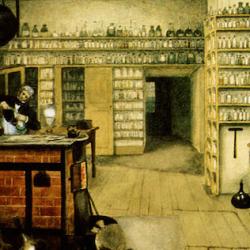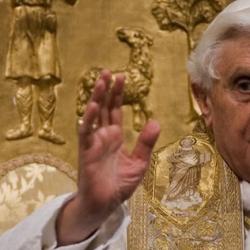As David Goldman sees, it, last week’s fatal accident involving an Uber self-driving car is emblematic of our techno-Utopianism.
“If the brain is merely a machine that white-coated lab techs can measure and manipulate like any other machine, and if machines can programmed to emulate the human brain, then human existence has no purpose. Our destiny is fixed in the same way that the paths of the planets and the orbits of electrons are fixed, and our free will, moral responsibility, devotion to the past and regard for the future are the random effluvia of a deterministic process.”
The dream of building brainlike machines fits snugly with our aspirations to unlimited political freedom. If we are determined like machines, “it doesn’t matter what we do. We can pursue whatever pleasures or perversions strike our fancy at the moment, because nothing really matters. We are alone in a hostile universe and find our humanity, if such a thing there be, in arbitrary acts of self-assertion. The highest virtue is to define one’s own identity, because only the willful assertion of individual particularity answers the emptiness of the universe, and the next-highest virtue is to reinforce other people’s arbitrary self-assertion (for example by eliminating offending male-and-female pronouns in order to protect the sensibilities of transgender people).”
One doesn’t have to be religious to see the folly of this utopianism. Goldman cites the work of Roger Penrose, who argued that “mathematical fundamentals that computers could never think like humans.
The Uber accident should be a “teachable moment. The liberal obsession with arbitrary self-definition rests on the pseudo-scientific premise that we are the determinate, machine-like outcome of physical processes. Destroy this premise and the whole artifice of liberal thinking will crumble.”












